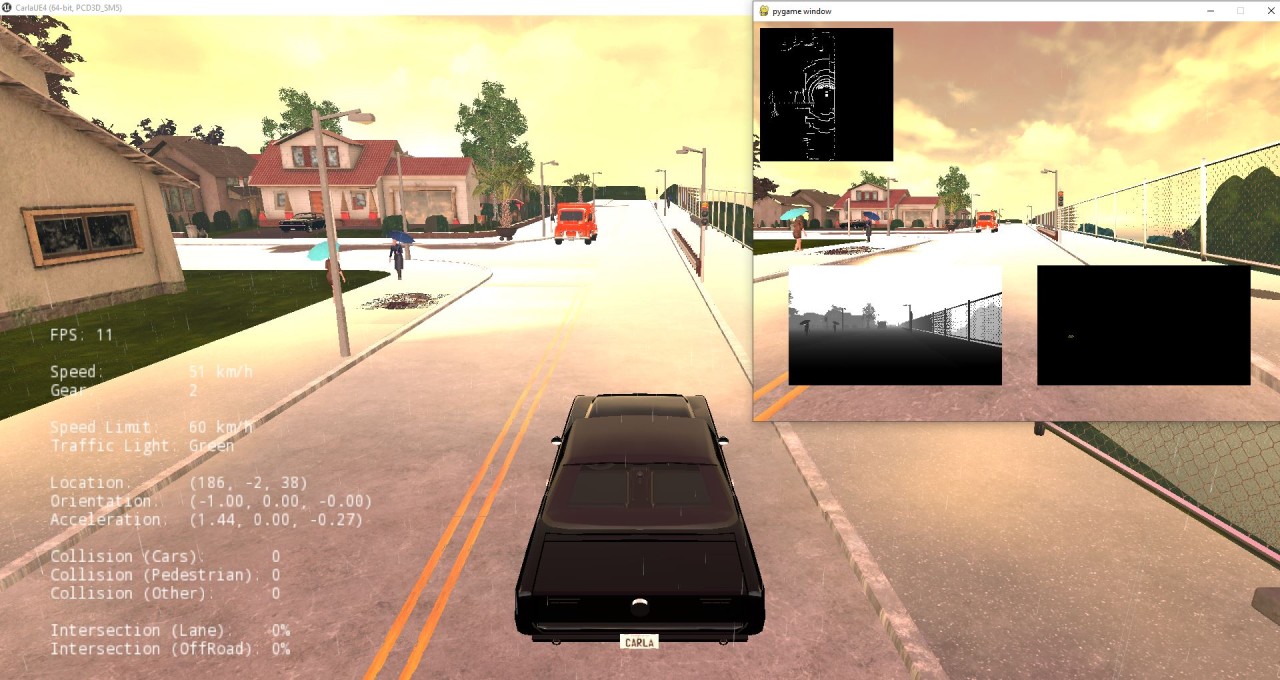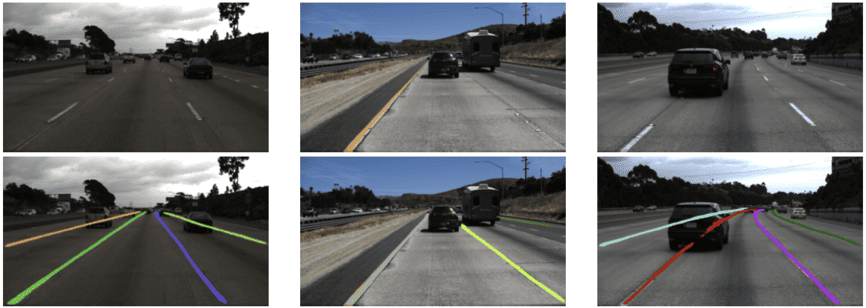Lycan Automotive
Software Engineer
Mar 2021 - Feb 2022
Bangalore, India
Tools used: Python, C/C++, Git, Ubuntu, Tensorflow, PyTorch, NumPy, OpenCV, ROS, CARLA
Lycan Automotive and Autonomous Vehicles

Lycan Automotive, a Bangalore-based startup, is focused on creating electric vehicles tailored for consumer markets. In my role, I focused on developing AI algorithms customized for these electric cars, enabling them to navigate India’s bustling streets autonomously. To realize the company’s vision of autonomous navigation, I utilized a range of deep learning models and simulators like CARLA, Highway Env, and a custom simulator. We gathered some of the data ourselves and also utilized open-source datasets such as KITTI and UCB for training the AI algorithms.
3D Object Detection
I developed and optimized single-stage and multi-stage monocular 3D object detection algorithms using PyTorch and Numba to detect vehicles, pedestrians, cyclists, trucks, and more on the road. These algorithms achieved an outstanding mean average precision of 87%, ensuring accurate detection of these objects.
Lane Detection
Lane detection on roads is essential for maintaining car stability during driving. Using OpenCV and TensorFlow, I developed robust lane detection systems that accurately identify and differentiate all road lanes, achieving an impressive 84% accuracy rate.

Collision Avoidance
Furthermore, I designed an advanced collision avoidance algorithm inside Highway Env simulator that successfully prevents collisions with vehicles and pedestrians, with a remarkable success rate of 95%. Examples of the algorithm behavior is shown below.
Acquired Funding
Using the developed approaches, I created a proof of concept for a self-driving car that operates within a custom-made simulator (confidential, not shown here), which successfully secured our initial funding.